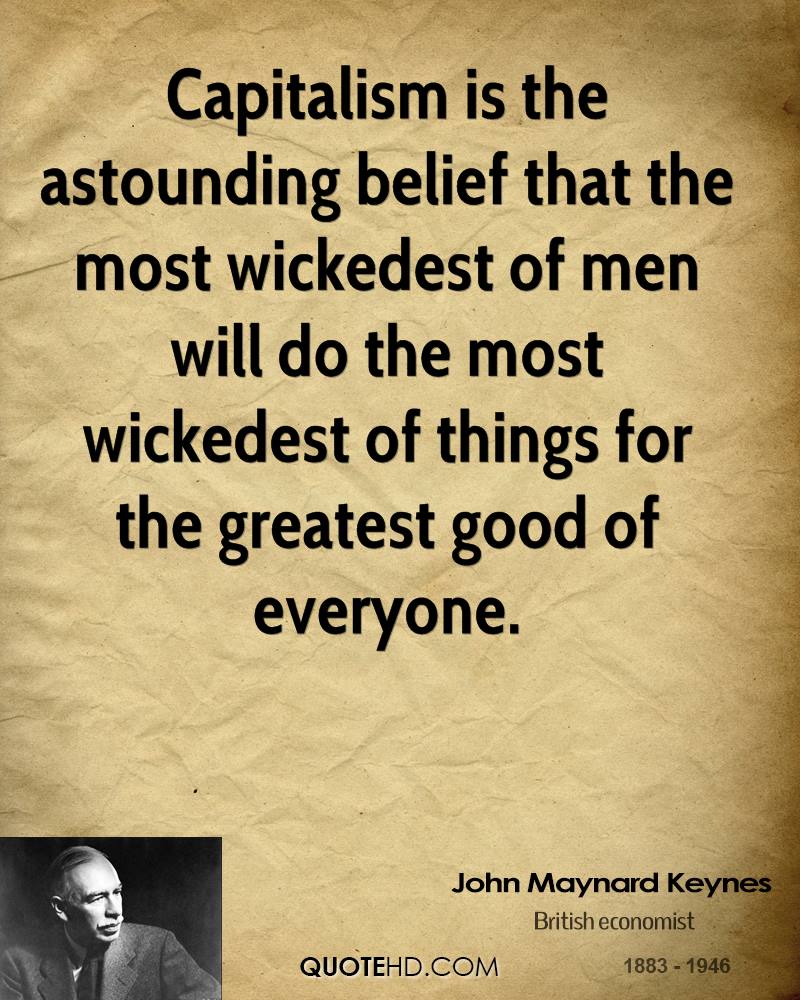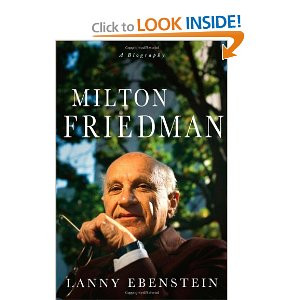

You could have, however humble you were, certain ideas that you could patent or copyright if they would be useful to the human race, and from these wealth Bill Gates has from Microsoft. That meant the kind of equality that-you didn’t have to be born a great landholder to be able to become very wealthy. He saw that that was the main cause of wealth, and therefore that it represented a break between thousands of years of an agrarian economy in which land was the most important value, all of a sudden ideas. Jerry: “The fire of invention… “The fuel of self-interest and the fire of invention,” right?” Lincoln got, a century earlier, the patent and copyright act making property and inventions and ideas-” That’s the primary cause of wealth, no longer the land. He asked in there, having described that the cause of wealth, of wealthy nations, is intellect, ideas, know-how. But I was very touched, anything in my life, by the fact that he frequently introduced himself as a friend, and I don’t mean just to me: I mean three or four times it appeared in newspapers across the world, asked if he had many friends, he would mention regularly four or five different persons and I was on the list and I just value that immensely.” You’d felt when you left you’d been through an examination with both of them. And he treated you like a graduate student, asking questions and expecting you to step up to the plate and hit it and do a good job at it.

But like Margaret Thatcher, you had to be careful talking to him because it’s such a quick rapier mind. “It collapsed under its own weight.” So that sort of put me in my place. They had built a Mickey Mouse system.” I can’t swear that he used the words ‘mickey mouse’ but he used a term… We were speaking in Italian at that point. And he looked at me with derision, as if I had no idea what I was talking about (which is true), and he said, “There was no miracle.

I remember I said to him, very somberly, that I must thank him for helping for the miracle he prodded, helping to bring down the Soviet Union. He loved jokes – these dinners were informal, not formal… He would invite in some of his friends, there was a Polish bishop who was a good friend, likeminded people. He invited me to a dinner in Rome in October of 1991, thereabouts, and I was too tongue-tied to say very much but I did learn it was a good practice to bring along a joke with you. I was on the board of radio for Europe/Radio Liberty and we were broadcasting into these countries and keeping up with events on them so I had many, many reasons to feel immense gratitude to him and immense admiration for him. And I’d been working in the human rights field for, well, since the ‘80s, so I had a grasp on the importance of what he did on democracy and on human rights in Poland, and what a transformation role he was playing. Well, in some sort of way I identified with John Paul that way right off the bat, and he knew my part of the world I knew his. People do react along the lines of kinship, as you can see with Francis in Argentina and all of Latin America such an immense identification. He could have been a relative of mine, so to speak. So I had a kind of identification with him from the moment he was named. He comes from the same part of the world as my family: my family’s on the Slovak side of the Tatra Mountains and across that little river, Dunajec River, and on the other side is Poland, and his family is from down in that region too-maybe a hundred miles away. Michael: “Yeah, there’s a good chapter at the end especially. Jerry: “Anything you want to say about John Paul II? He seems to be a rather significant portion of the book.” Michael Novak’s memoirs, Writing From Left to Right, helped me understand how Michael and others helped guide John Paul II to come to an appreciation of capital which he had not learned earlier. Given Pope Francis’ recent comments about economics, including a tweet endorsing ‘legitimate redistribution’, it seemed worthwhile to look back a few decades to the modern Pope who seemed to have been most sympathetic to free-market capitalism and most critical of socialist economic systems, including the Latin American version known as liberation theology.


 0 kommentar(er)
0 kommentar(er)
